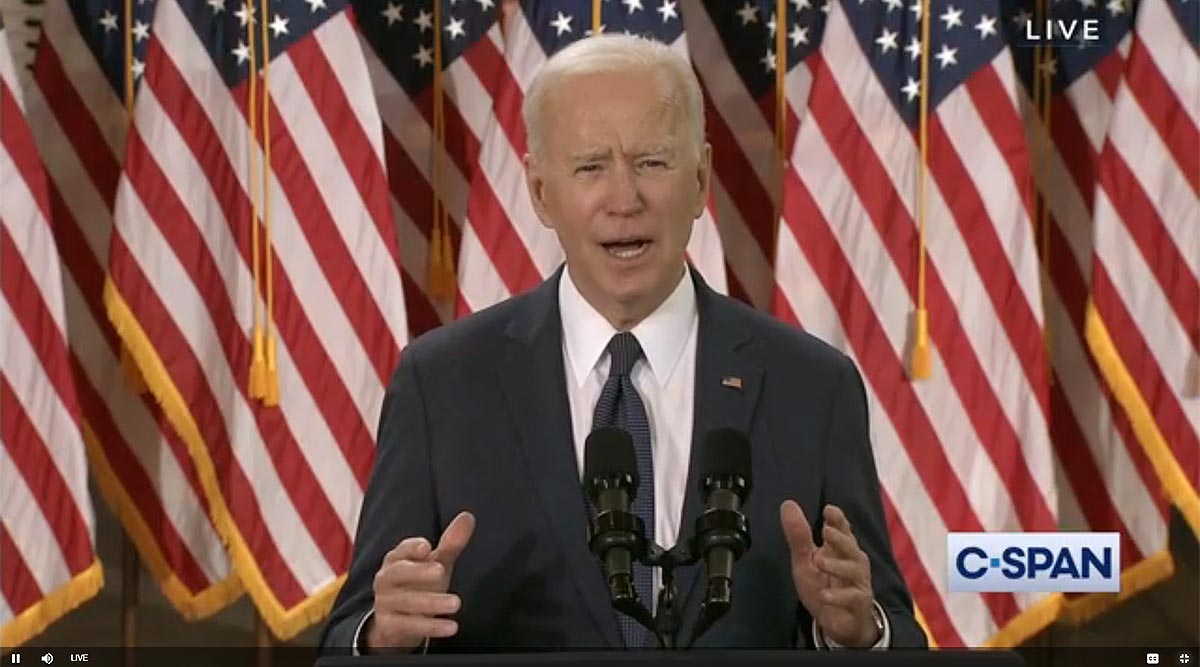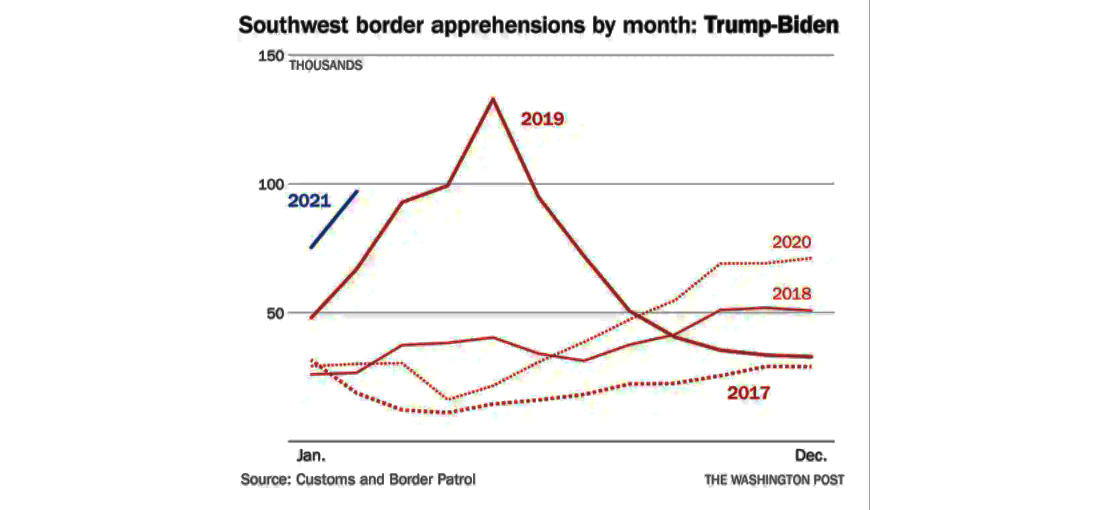I have been trying to not post anything about Donald Trump, but this is too awful. Shane Goldmacher reports in the New York Times that the Trump campaign scammed millions of dollars out of his supporters by tricking them into making weekly recurring donations when they had intended only a one-time donation.
The story begins with Mr. Stacy Blatt of Kansas, dying of cancer and on a limited income, who heard the pleas from the Trump campaign for more money and sent a donation of $500, which was everything he could afford. He didn’t realize that the campaign was taking multiple payments of $500 out of his bank account until the checks he was writing for rent and utilities started bouncing. The Trump campaign had withdrawn $3000 from Mr. Blatt’s bank account in less than 30 days.
The story doesn’t say if Mr. Blatt ever got money back before he died in February.
Mr. Blatt wasn’t alone. A lot of other people who had intended to make one-time donations found their bank accounts being drained. It turned out that the campaign, starved for cash and being outspent by Joe Biden, revised its donation website in September so that one had to check a box to opt out of making a recurring donation. And, of course, this information was tucked away in a little corner of the page.
Contributors had to wade through a fine-print disclaimer and manually uncheck a box to opt out.
As the election neared, the Trump team made that disclaimer increasingly opaque, an investigation by The New York Times showed. It introduced a second prechecked box, known internally as a “money bomb,” that doubled a person’s contribution. Eventually its solicitations featured lines of text in bold and capital letters that overwhelmed the opt-out language.
The tactic ensnared scores of unsuspecting Trump loyalists — retirees, military veterans, nurses and even experienced political operatives. Soon, banks and credit card companies were inundated withfraud complaints from the president’s own supporters about donations they had not intended to make, sometimes for thousands of dollars.
Eventually, “the Trump campaign, the Republican National Committee and their shared accounts issued more than 530,000 refunds worth $64.3 million to online donors.”
We don’t know how many of those refunds were to people trying to claw back the unintended donations. Campaigns return donations for a lot of reasons. But in comparison, the equivalent Biden/Democratic campaigns returned 37,000 online refunds totaling $5.6 million for the same time period.
And even though it appears the money was returned, it amounted to an interest-free loan to the campaign in the closing month of the campaign and after, when Trump was raising money to “fight” the supposed “steal.” One assumes that many donors suffered real hardship and anxiety as a result.
Although the Trump campaign got more blatant about scamming donors in September 2020, the actual practice began as early as March 2020, when the Trump campaign website donation page featured a small yellow box with a pre-filled check box next to the words “Make this a monthly recurring donation.” At least at that point, it appears, most donors noticed the checked box and unchecked it. The article says that this practice is not uncommon on campaign donation websites.
Graphics in the Times article show that donations to Trump lagged behind Joe Biden’s until mid July, when the Trump campaign and RNC added a second pre-filled check box to donation pages. Then the donor determined to make a one-time donation had to find and uncheck both of them. And then in September the monthly donations became weekly. Soon there were more pre-checked yellow boxes on the cite authorizing additional payments. The pages were designed to be deliberately confusing and the text hard to read.
Also– the company being used to facilitate donations, WinRed, is a for profit company that keeps a piece of each donation. WinRed did not refund the fees it collected.
Also– the weekly donations soon caused a lot of people to donate far more than the $2800 legal limit for an individual. One donor was eventually refunded $87,716.50.
After the November election, Republican Senate candidates David Perdue and Kelly Loeffler also began to use prechecked boxes authorizing weekly payments on their campaign websites to raise money for their runoff campaigns.
And the best part is, some people contacted by the Times who were scammed declared they are still “100 percent loyal” to Donald Trump. They think WinRed scammed them, not Trump.
But of course.So much of contempary conservatism is nothing but a grift, anyway. See Rick Perlstein’s classic essay The Long Con from 2012. See also from the Mahablog archives Live by the Grift; Die by the Grift from 2013 and Putting the Con in Conservative from 2015
And see also Jonathan Chait, Trump’s Campaign Bilked His Fans Out of Millions Because Of Course It Did.









